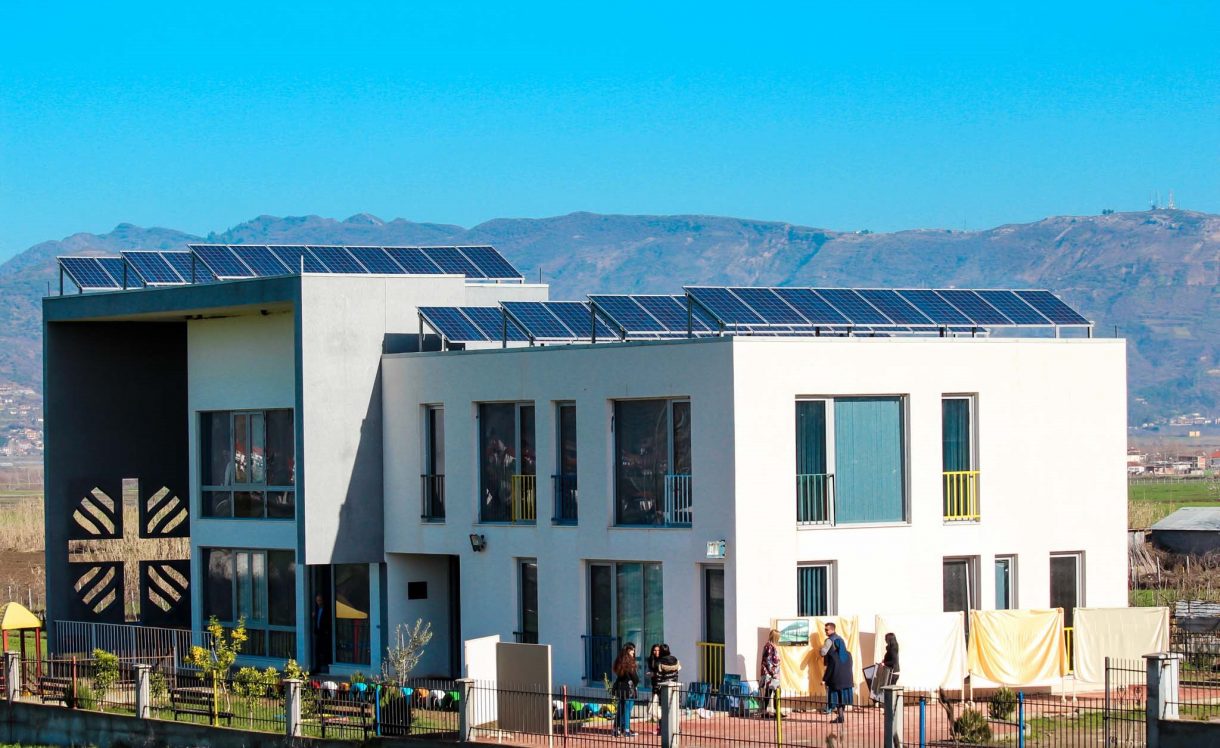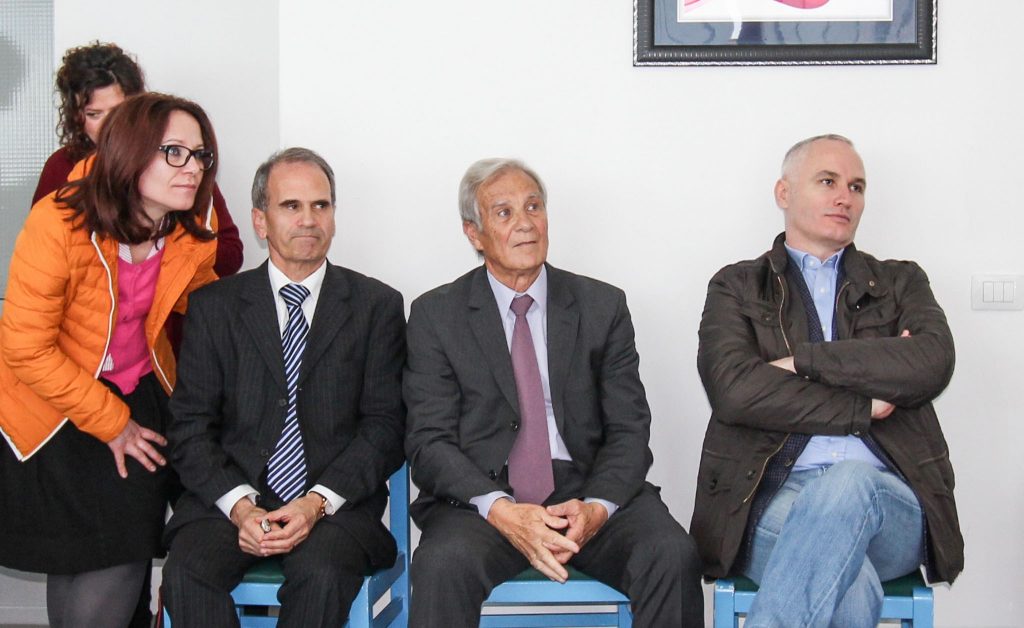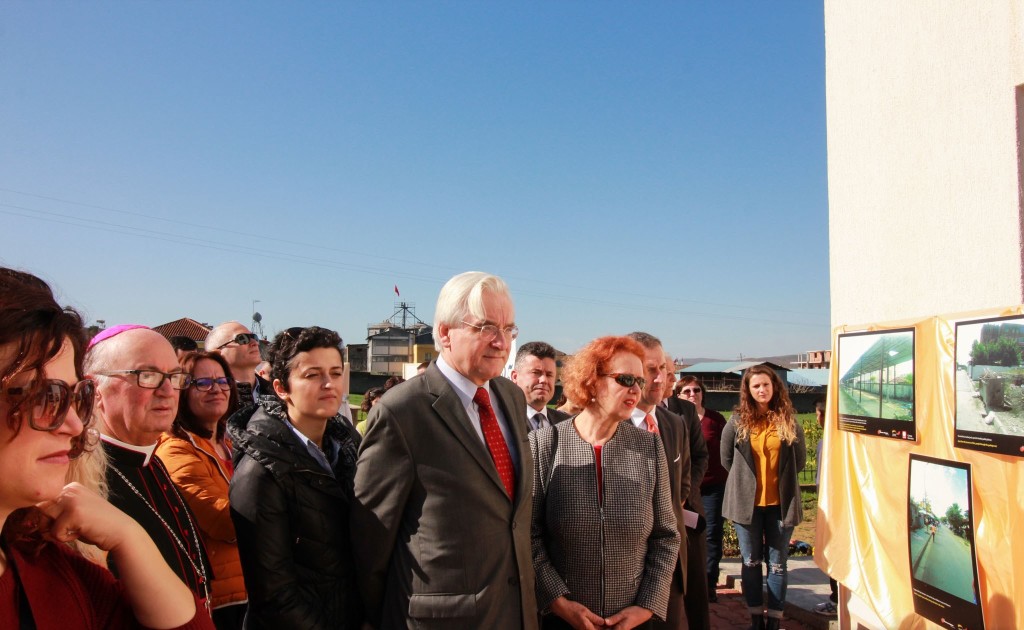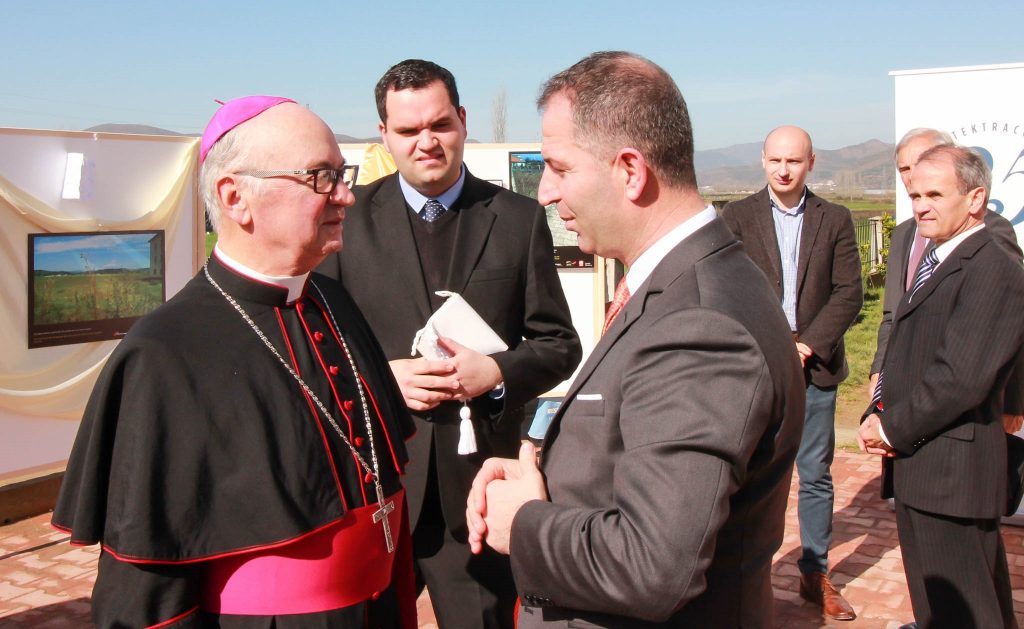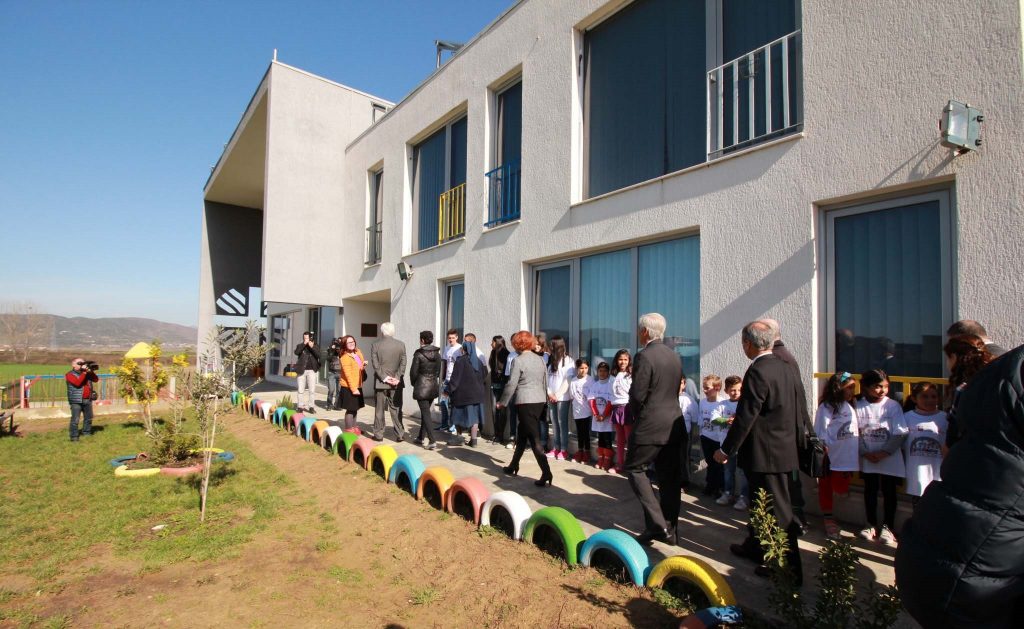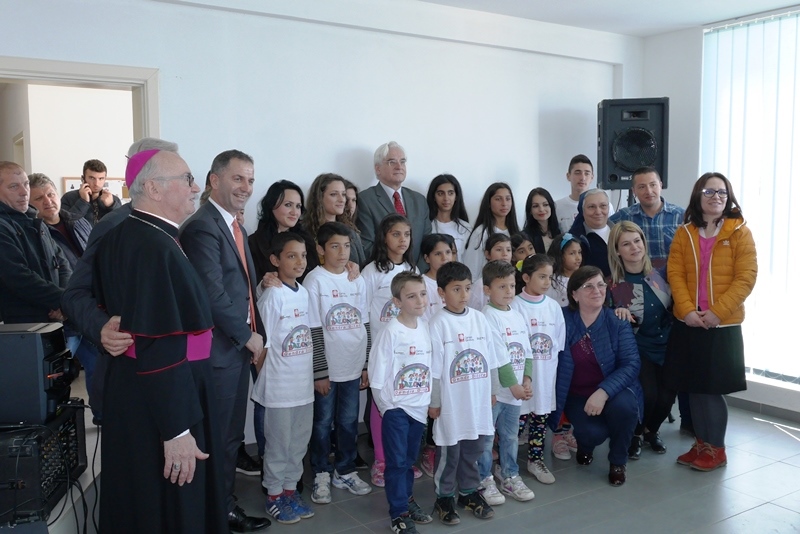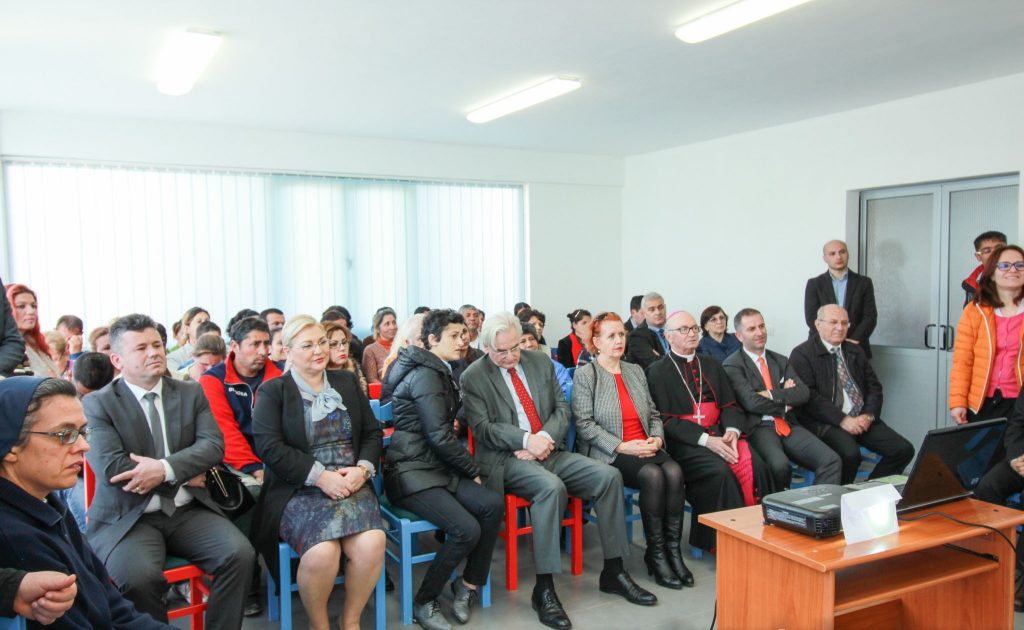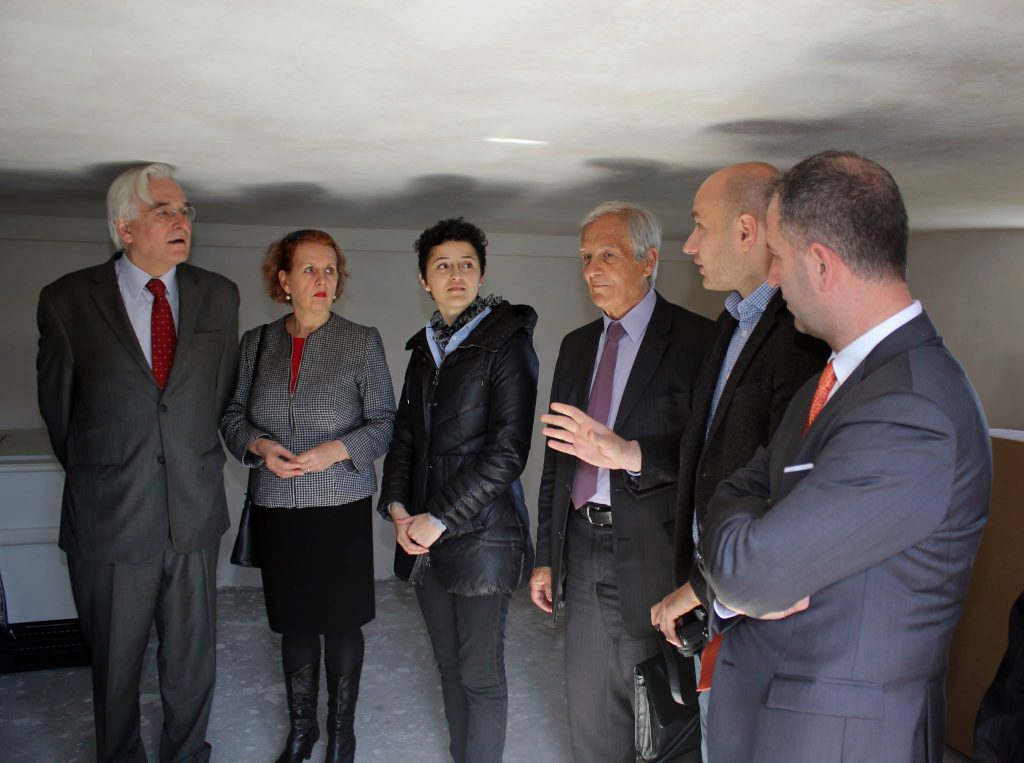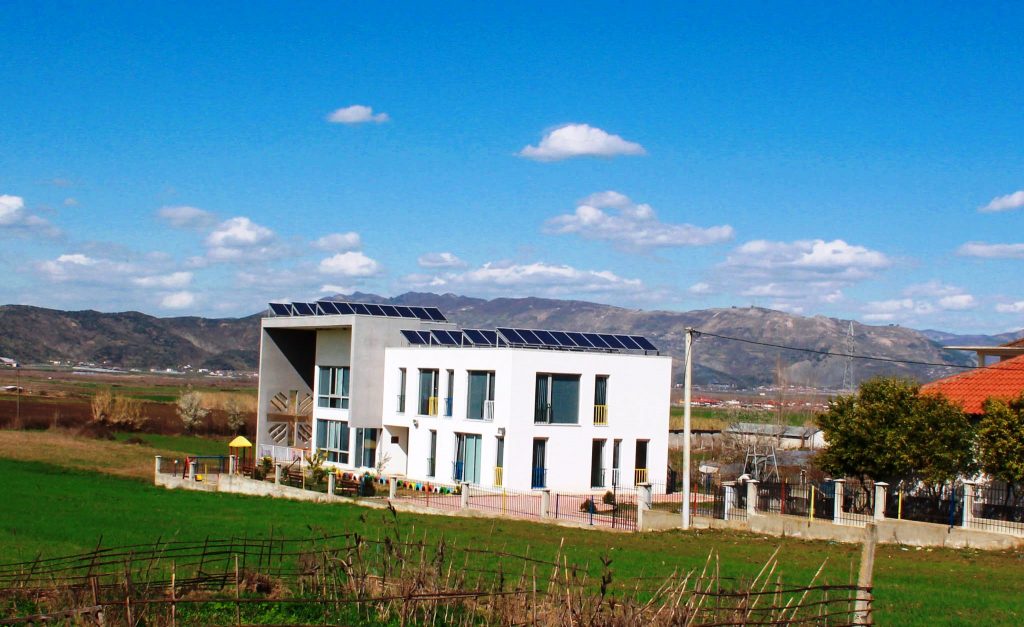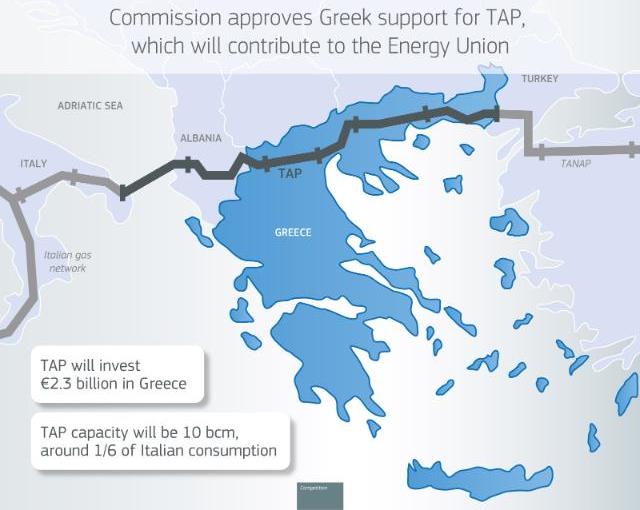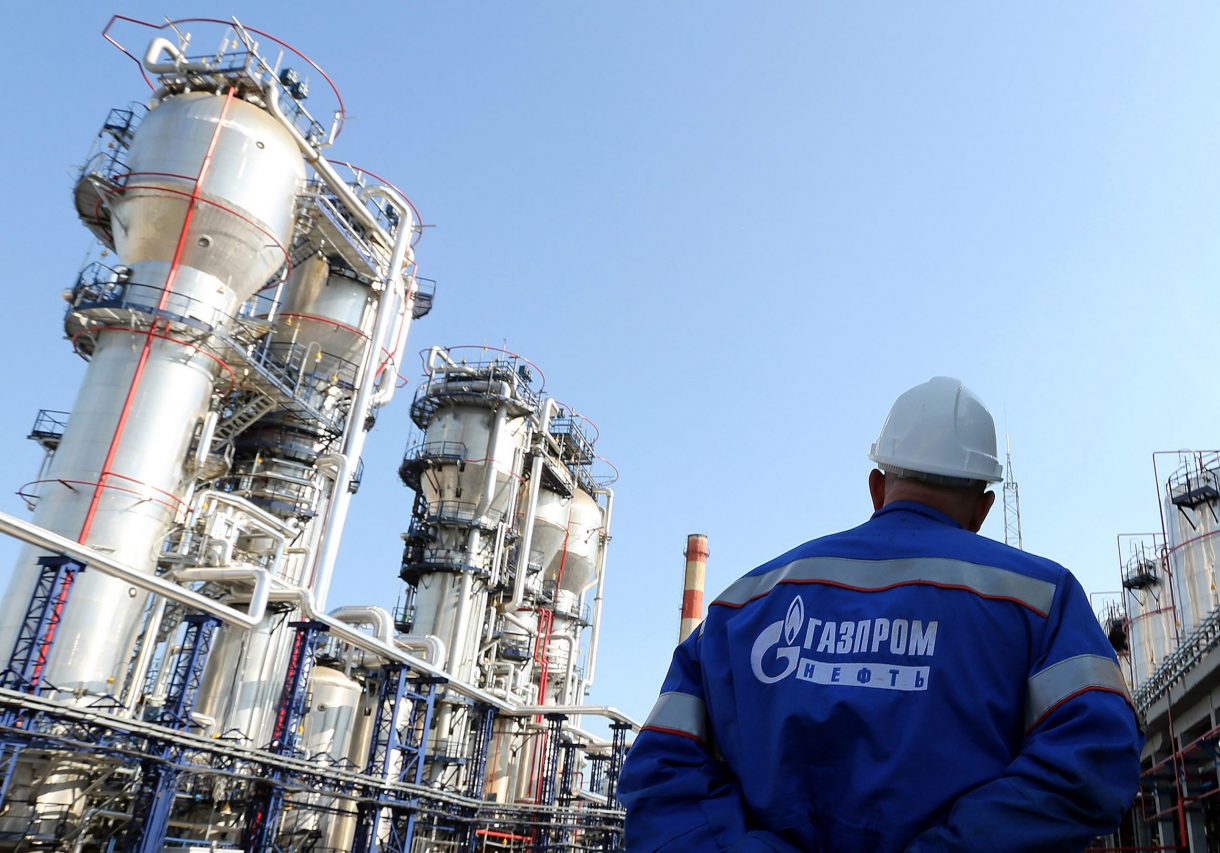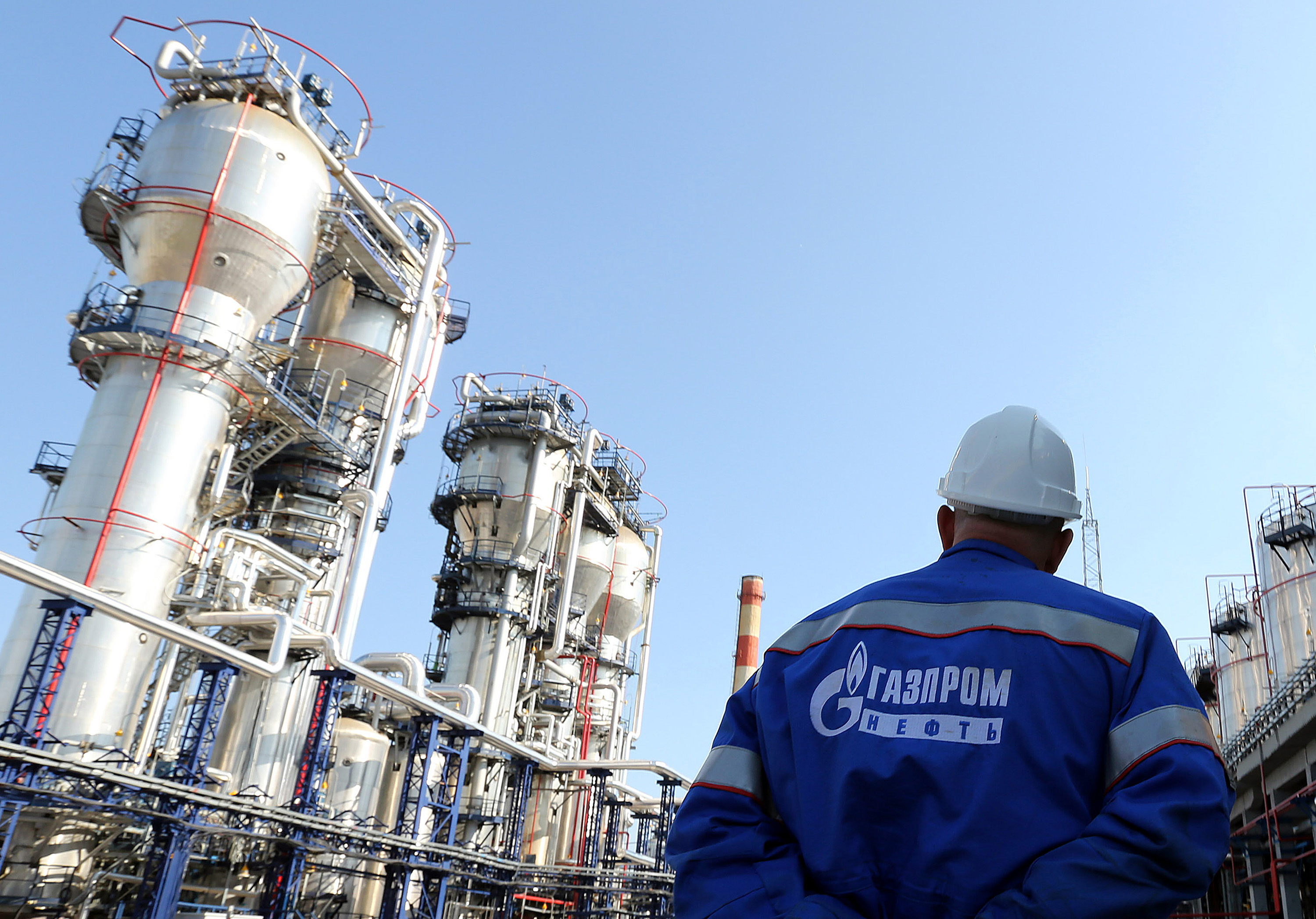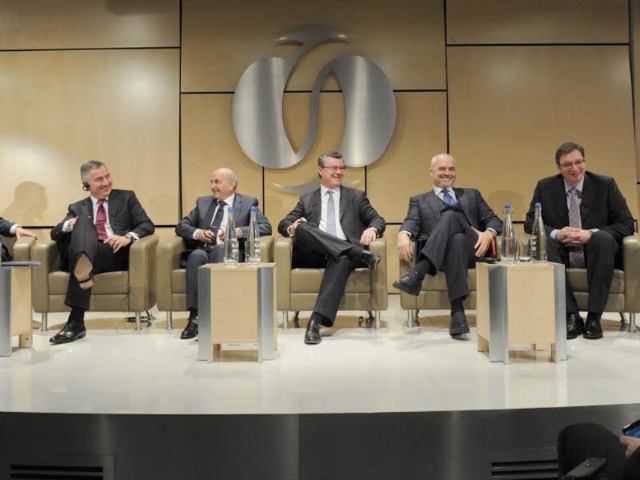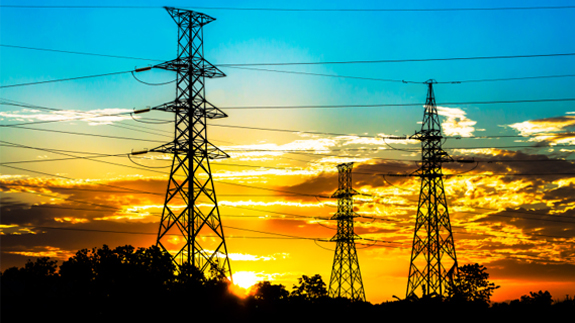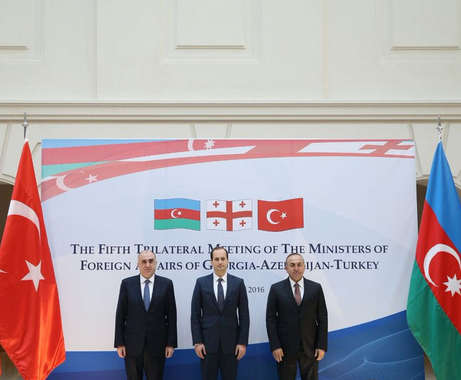 Tbilisi is hosting a trilateral meeting of Azerbaijani Foreign Minister Elmar Mammadyarov, Turkish Foreign Minister Mevlut Cavusoglu and Georgian Foreign Minister Mikhail Janelidze.
Tbilisi is hosting a trilateral meeting of Azerbaijani Foreign Minister Elmar Mammadyarov, Turkish Foreign Minister Mevlut Cavusoglu and Georgian Foreign Minister Mikhail Janelidze.
They are discussing relations between the three countries and joint regional projects, particularly Baku-Tbilisi-Kars railway, TAP and TANAP energy projects.
Addressing the 5th trilateral meeting of the foreign ministers on February 19, Elmar Mammadyarov announced that Baku considers the trilateral meeting of Azerbaijani, Georgian and Turkish foreign ministers as a very fruitful platform of cooperation.
“We have successful results of this cooperation in political, economic and other fields,” Mammadyarov said.
He also emphasized the significance of regional projects and noted that the Southern Gas Corridor project is now beyond energy and element of development of the three countries.
“It is important to highlight that geographic location of our countries provides an ample opportunity to benefit from our countries’ competitive transit potential. Therefore, I believe that developing transport infrastructure, and most importantly, interconnectivity and infrastructure in our geography should remain one of key areas of cooperation,” he said.
The Southern Gas Corridor project envisages the transportation of the gas to be extracted from the giant Shah Deniz field in the Azerbaijani section of the Caspian Sea. Shah Deniz Stage 2 gas will make a 3,500 kilometer journey from the Caspian Sea into Europe. This requires upgrading the existing infrastructure and the development of a chain of new pipelines.
The existing South Caucasus Pipeline will be expanded with a new parallel pipeline across Azerbaijan and Georgia, while the Trans-Anatolian pipeline will transport Shah Deniz gas across Turkey to join the Trans-Adriatic Pipeline, which will take gas through Greece and Albania into Italy.
Mammadyarov went on to add that there are obstacles to peace and development in the region.
“There is a need to respect the sovereignty, territorial integrity and inviolability of internationally recognized borders of states in the region,” he said, stressing that failure in the settlement of the Armenian-Azerbaijani Nagorno-Karabakh conflict is the greatest threat to peace, stability in the region and regional cooperation.
Turkey actively fights terrorist groups in the region, said Turkish Foreign Minister Mevlut Cavusoglu.
He made the remarks during a briefing in Tbilisi following the fifth trilateral meeting of Azerbaijani, Turkish and Georgian foreign ministers, TRT Haber reported.
Cavusoglu noted that as distinct from some countries, Turkey doesn’t make distinction among terrorist groups.
The IS terrorist group (ISIS, ISIL, or Daesh) poses a serious threat to Turkey, Cavusoglu said, adding that Turkey urges all countries to actively fight terrorist groups without making distinction among them.
Later, the three foreign ministers signed a joint declaration.The statement emphasizes the importance of joint regional projects, and reiterates support for territorial integrity of Azerbaijan and Georgia.
During the Tbilisi visit, Mammadyarov also discussed regional projects with his Georgian counterpart Mikheil Janelidze.
During the meeting they emphasized the importance of TAP, TANAP and Baku-Tbilisi-Kars projects, the implementation of which will make a significant contribution to regional cooperation.
The foreign ministers also discussed the cooperation in political, economic and cultural spheres.
Azerbaijan, Georgia and Turkey, the troika engaged in implementation of giant energy and transport projects, regularly hold meetings at the level of various ministries.
A few days ago, transport ministers of the three countries met in Tbilisi to discuss the prospects of implementation of the Baku-Tbilisi-Kars railway.
